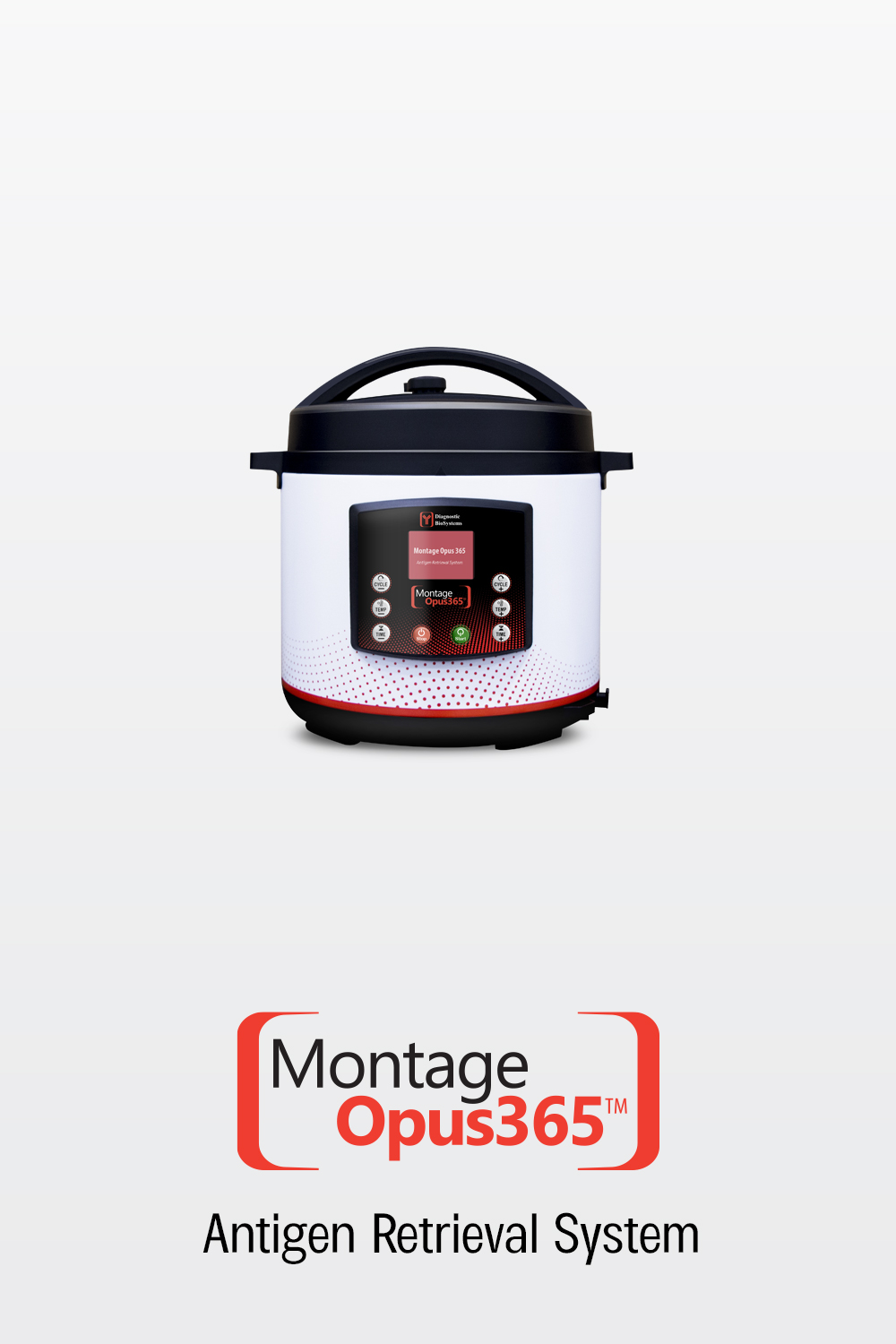Blog
CD68
CD68 is lysosomal associated transmembrane glycoprotein and present in a variety of normal, benign and malignant neoplastic cell types. It is primarily used to identify histiocytic and monocytic cells (macrophages) with limited specificity and used as a marker to identify histiocytic tumors. There are two most used CD68 antibody clones, KP1 and PG-M1, with PG-M1 being slightly more specific. CD68 antibody immunostaining demonstrates a dot-like granular and/or diffuse cytoplasmic staining pattern. CD68 can be highly expressed in normal cells such as macrophages, microglia, osteoclasts, tissue histiocytes, Kupffer cells, Hofbauer cells, and Langerhans cells. High expression of CD68 can also be seen in benign tumors, including giant cell tumor of the soft tissue and bone, granular cell tumor, and Kikuchi-Fujimoto disease, etc. as well as carcinoma such as fibrolamellar carcinoma of the liver, renal cell carcinoma with (6;11), and hematolytic malignancies, such as AML, CML, CMML, myeloid/monocytic sarcoma, and histiocytic sarcomas, among others. Noticeably, dermatofibrosarcoma protuberans rarely express CD68.




